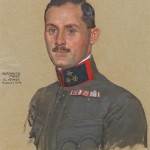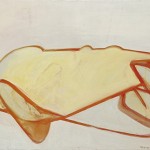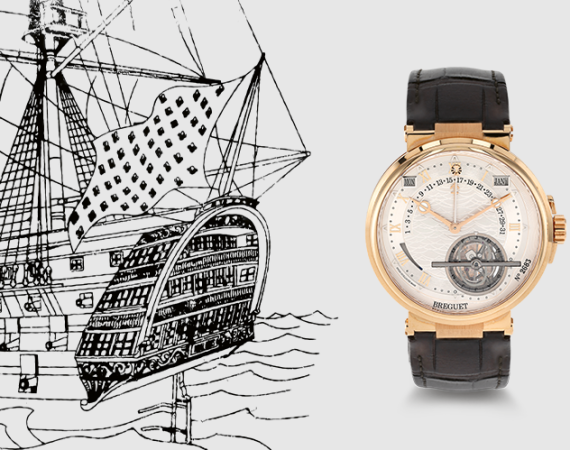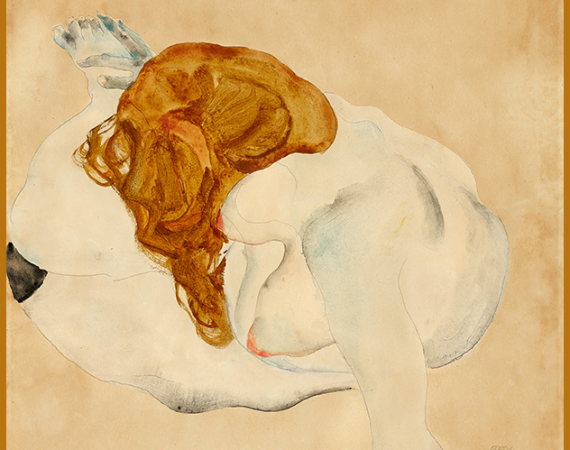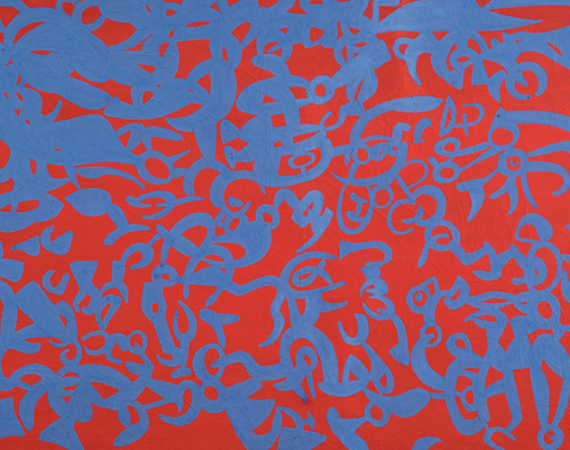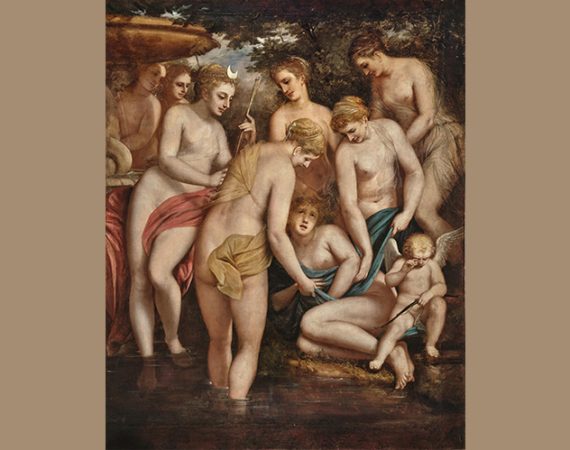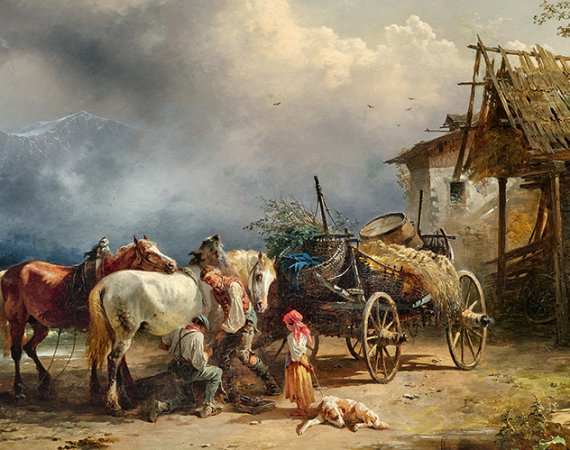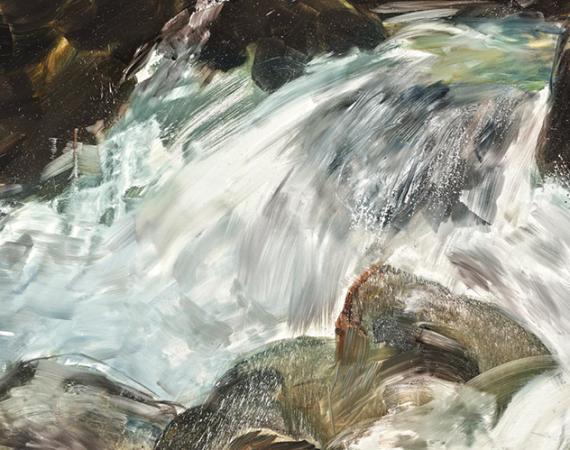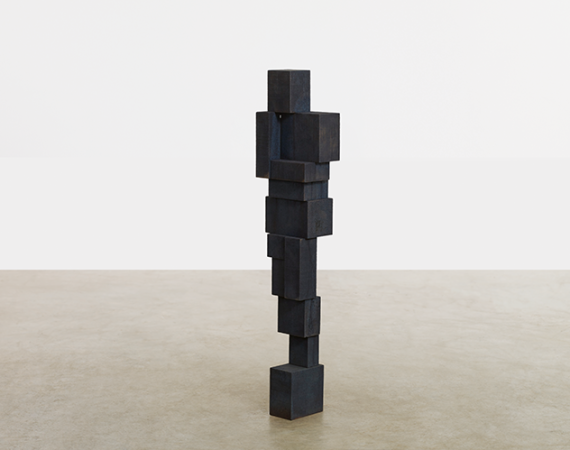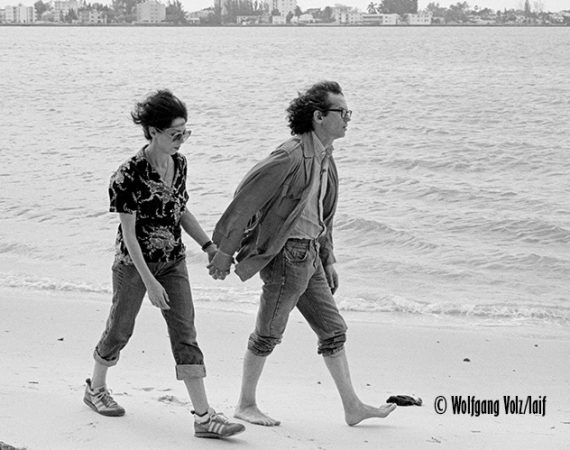On Monday 15th February 2016 to the certain delight of collectors and experts alike, the legacy of Major General Wolfgang Waldherr was consigned as a lot to the Antique Arms, Uniforms and Militaria Auction.
There is surely no greater joy for the collector or expert than when objects long hidden away in private collections appear in the auction catalogues to render history tangible and to recount personal stories. Never is this more satisfying than when a range of objects of this kind fit together in a thematic compilation, whether this be the medals of a single officer, whole documents, or indeed the complete uniform of an imperial and royal Hussar.
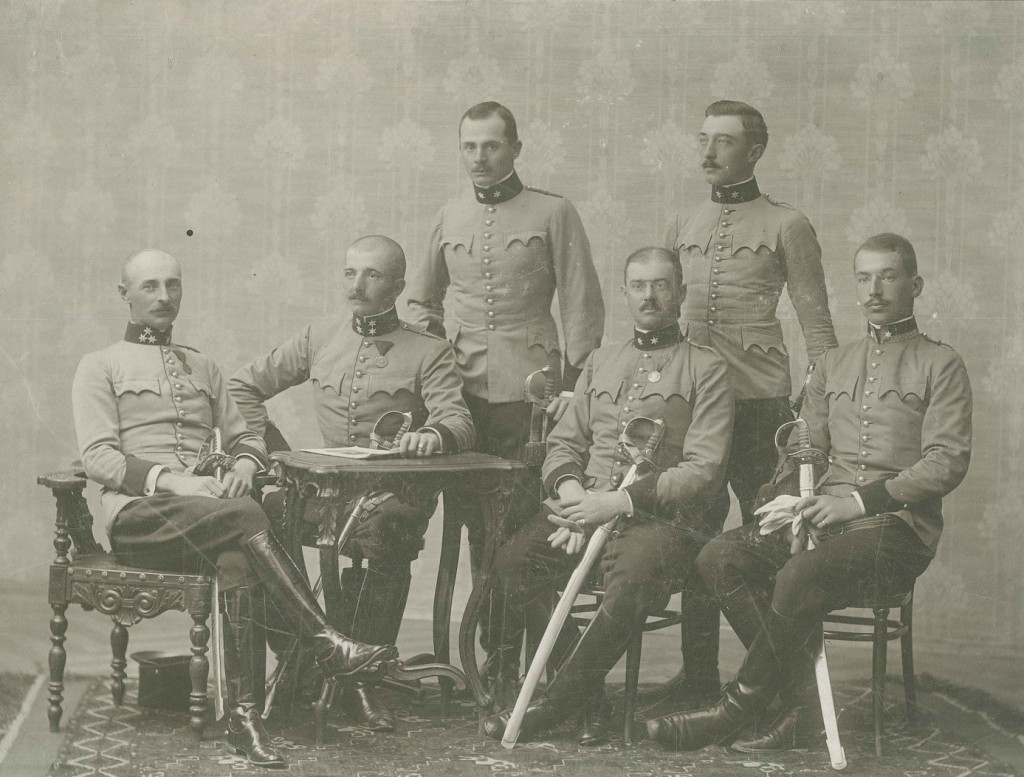
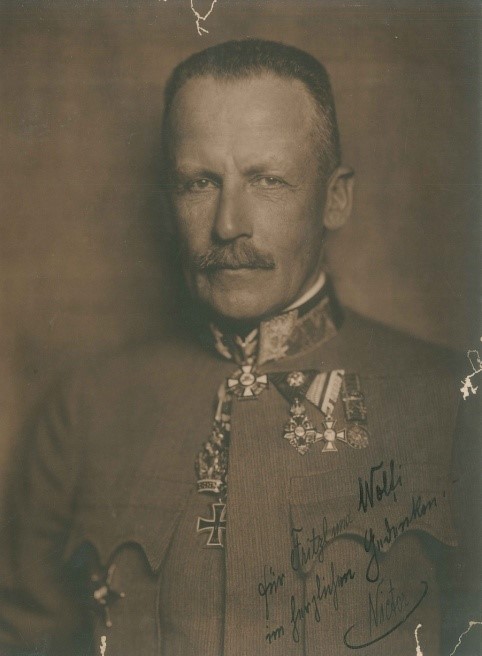
The legacy featured in this auction, that of the royal and imperial Officer and Major General of the 1st Austrian Army Wolfgang Waldherr, reconstructs a military career almost in its entirety through 34 items. From his complete ‘Lancer Uniform’ to the dress of General from 1933, nearly all of his military equipment and dress is catalogued – uniforms, headwear, edged weapons, decorations and accessories. The objects have come from a private family collection and have remained together since their last use.
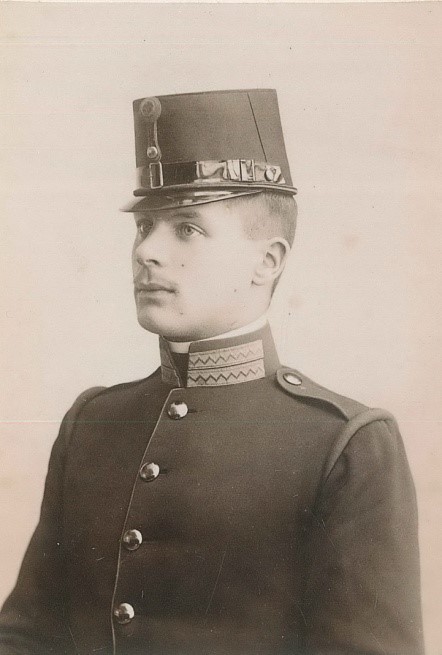
Wolfgang Waldherr was born on 21st May 1883 in Ljubljana in what is now Slovenia, the first son of Josef Waldherr Ph.D and his wife Anna, nee Hebenstreit. Like many other Austrian families in the civil service, they derived their social ascent from their loyal service to Emperor and country. Wolfgang’s stepfather was the well-known General of the Infantry Viktor Weber Edler von Webenau who as Chairman of the Austro-Hungarian Ceasefire Commission later negotiated the armistice with Italy on 3rd November 1918.
Having undergone education at primary and grammar school, Waldherr spent 3 years at the Military College in Mährisch Weißenkirchen. In 1900 he was accepted into the Theresianische Military Academy in Wiener Neustadt. He was elevated to the rank of Lieutenant on the ‘Emperor’s Birthday’ 18th August 1903 and his splendid sabre bears witness to this occasion (Lot Nr. 538). He joined the 4th Royal and Imperial Territorial-Lancer Regiment in Olmütz and in 1908 was promoted to the rank of Senior Lieutenant as well as being admitted to the Military College in Vienna from which he graduated with great success in 1910. After exercises with the cavalry and infantry, Waldherr was promoted to a Captain of the General Staff effective 1st May 1913 and was appointed staff officer for the 3rd Command Corps in Graz. He entered the 1st World War in this role. After various stints as an officer of the general staff – first on the Russian Front and from 1915 exclusively on the Isonzo Front (in Italy and Slovenia) – he was honoured with numerous decorations. At the end of 1917 he attained the rank of Lieutenant Colonel of the General Staff and from the spring of 1918, the position of Chief of Staff of the 3rd Infantry Division the so called ‘Edelweiss’ Division under the command of Field Marshal Lieutenant Heinrich Wieden Edler von Alpenbach. In the final days of the war he was taken prisoner by the Italians. Injured for the third time in total, Waldherr spent his incarceration lying in a military hospital with an enflamed lung.
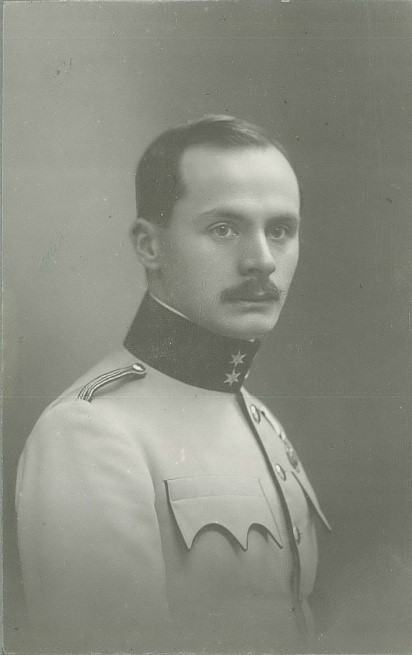
Having returned from imprisonment Waldherr joined at first the Militia Force and soon after the Austrian Army. In 1921 he was elevated to Lieutenant Colonel and was named Chief of Staff of the 4th Brigade (Upper Austria). Three years later he was promoted once more to the position of Colonel, at this point becoming deputy of the brigadiers. Having been made Head of the Army Administrative Post in Linz in 1929, Waldherr finally obtained the command of his former office in 1931. Shortly afterwards he was promoted to the rank of Major General and remained in this position until his retirement in 1933. His successor was the then Colonel William Zehner, later Secretary of State for Defence in the Schusnigg-Government and, who as a great opponent of the Nazis was found murdered in 1938 under suspicious circumstances.
Waldherr spent his retirement devoting himself to his great passion – hunting in the woods of Upper Austria. After the war he took on the position of Deputy Master of the Hunt of the state of Upper Austria. Waldherr died on the 15th October 1962 after a long illness and is buried next to his wife Friederike and his mother Anna at the City Cemetery in Linz.
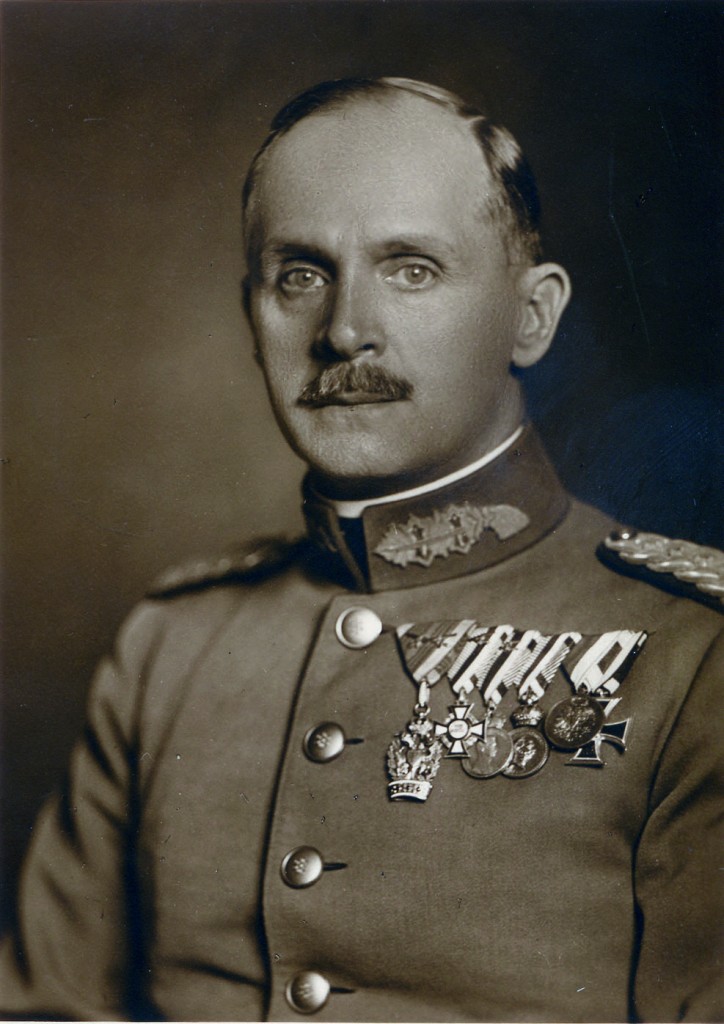
Decorations of Wolfgang Waldherr
- Large silver Order of merit for services rendered to the Republic of Austria (4.VIII:1933)
- Order of the Iron Crown II KI m KD und Schw (1918)
- Military Service Cross III KI m KD und Schw (13.III.1915)
- Bronze MVM am Bande des MVK m. Schw, (15.II.1915)
- Silver MVM am Bande des MVK m. Schw, (18.VII.1915)
- Order of Merit of the Red Cross 2nd Class m KD (31.10.1918)
- Prussian Iron Cross II KI (6 VI 1918)
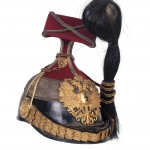
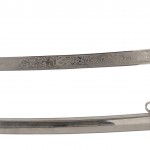
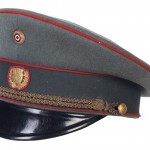
Antique Arms, Uniforms and Militaria
From the Estate of a Major General
Monday 15th February 2016, 4 p.m.
Viewing was from 6th February 2016
Palais Dorotheum Vienna
View the results: Online Catalogue!

